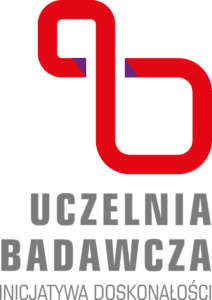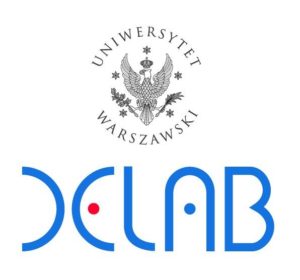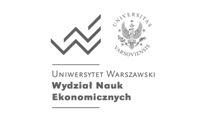Digital entertainment moves away from one-time events and games towards sustainable experiences in which people can participate together. These types of virtual ecosystems support their own economies with the exchange of virtual currency, digital items, and user-generated content. However, despite their growing importance, they remain largely unstudied, especially from a quantitative side.
To uncover what drives these economies, we focus on one such virtual ecosystem – Roblox – which currently boasts more than 200 million unique users monthly. Roblox is an online platform that allows anyone to play over 24 million user-generated games (called experiences) and contribute with their own content. In this study, we aim to investigate what determines the successfulness and sustainability of virtual experiences. We have collected daily records on more than a million unique experiences from the Roblox API, with an additional web-scraped data collection on a subsample of newly created ones using.
In line with current debates in the digital entertainment industries, we find that to retain players the experiences need to evolve, but also to allow for social interaction. Moreover, the newer experiences seem to benefit from interoperability (i.e. allowing to carry «gear» from one experience to another) and providing incentives in the form of special «badges» to their participants. Finally, we provide additional insight on how the virtual experiences are monetized and what drives the content creation in these kinds of economies. We consider this study as one of the early looks at the growing virtual economy and these kinds of ecosystems.







